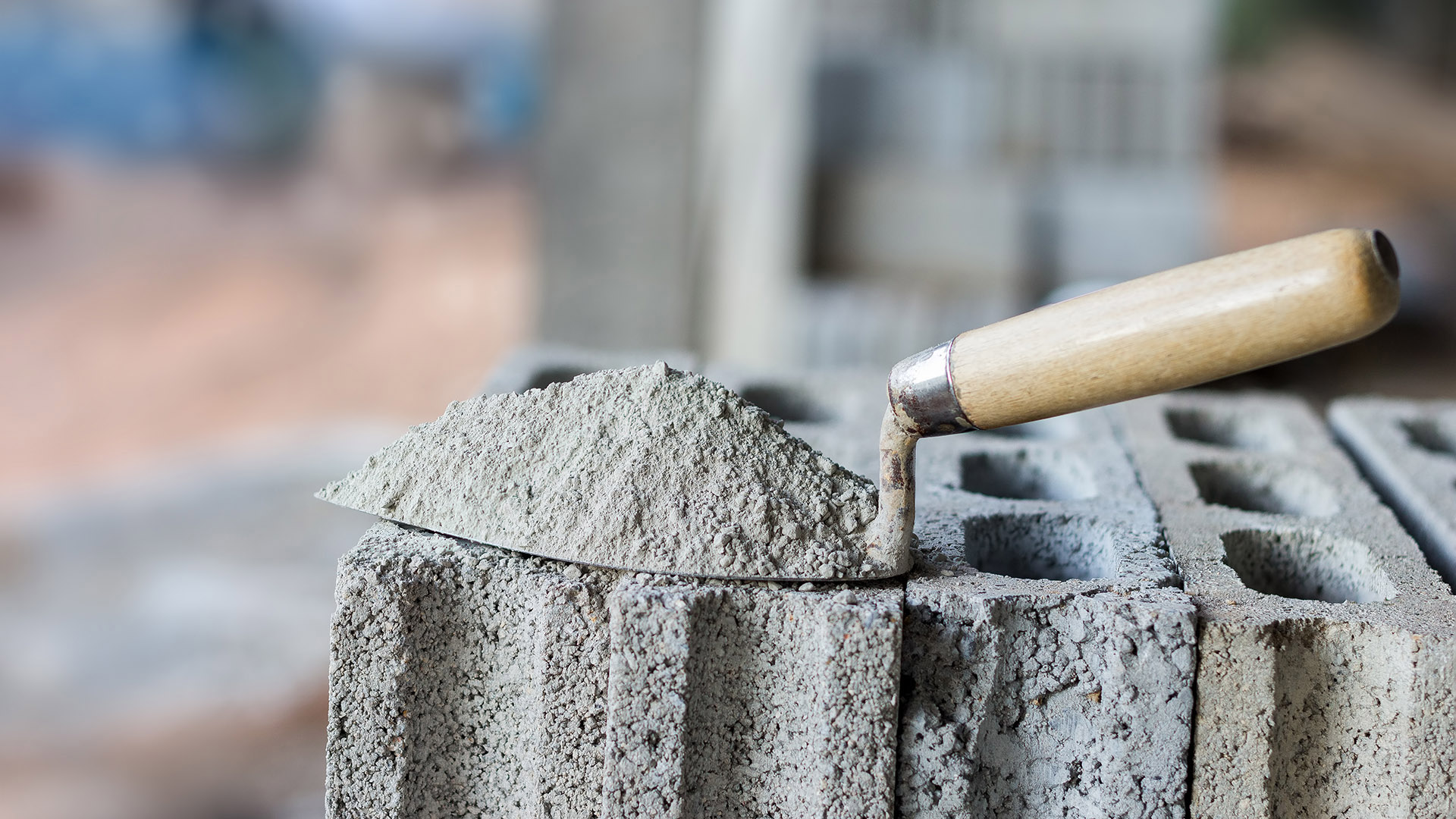5 Tips for Buying and Exporting Cement from Rwanda
5 Tips for Buying and Exporting Cement from Rwanda
Cement is a type of material that is used for construction and other purposes. It is called as such because it becomes a hard substance when mixed with water and other substances. There are different types of cement such as Portland, blended, and blended fly ash. Exporting cement from Rwanda can be done by buying it in the country and exporting it after you’ve procured enough for personal use or business operations. Cement has many uses apart from construction. It is used in chemical processes to filter out particles, reduce acidity and increase pH in solutions, among other applications. If you want to export cement from Rwanda, here are some tips that you must know first:
How to Buy Cement in Rwanda
Before you buy cement from Rwanda, you must find out the type of cement that you need. You can then go to the nearest cement company or importer to get your cement supply. You must also find out if there are government taxes or charges for importing cement in the country. Cement is used for a variety of purposes, including construction, land reclamation, dam/reservoir construction, mining, and civil engineering works. The cement industry includes grinding of various raw materials to produce cement, clinker production and cement grinding.
Exporting Limitations of Cement in Rwanda
Cement is among the most exported goods in Rwanda. This is because the country is one of the biggest producers of cement in the world. Cement has a wide range of uses, which makes it an essential commodity in our daily lives. However, there are some limitations to exporting cement in Rwanda. Cement is mainly imported by countries that deal in construction. It is also used in agriculture and mining. The cement industry is highly competitive, with only a few giants controlling a significant portion of the world market. It is also a capital-intensive business, with high investment costs. In order to break into this industry, it is important to establish reliable long-term relationships with suppliers.
Exporting Process of Buying and Exporting Cement in Rwanda
Like any other goods in Rwanda, you must first get a license from the Ministry of Trade to start importing cement. Once you have a license, you can either find an importer to buy cement from or get the cement yourself and find a client who needs to be supplied with cement. It is recommended that you buy cement from an importer in Rwanda because they know the best suppliers with the best prices. However, you can also buy the cement directly from the supplier and get it exported to your client. This is the process of exporting cement in Rwanda: – Get a license to import cement in Rwanda. – Find a good supplier to buy cement from in Rwanda. – Export the cement either through a shipping company or by hiring your own truck. – Make sure you comply with all the necessary regulations and standards.
Important Tips for Buying and Exporting Cement from Rwanda
– Check the quality of the cement you buy from the supplier. – Find out the price and grade of cement that you need in Rwanda. – Find a trusted and reliable supplier to buy cement from in Rwanda. – Be careful when exporting cement in Rwanda because some countries have restrictions on the amount of cement that can be exported. – Make sure that you comply with all the necessary regulations and standards when exporting cement in Rwanda. – Document everything properly and be mindful of the country’s customs and taxes. – Always be on the lookout for new and emerging markets for selling cement in Rwanda. This can help you grow your business even more. – You can also buy and export cement from other countries.
Final Words
Cement is an important construction material for buildings and other structures. It is used for a variety of purposes, including construction, land reclamation, dam/reservoir construction, mining, and civil engineering works. You can buy cement in Rwanda and export it to other countries as well. Before you buy and export cement from Rwanda, make sure that you know the type of cement that you need. You can then go to the nearest cement company or importer to get your cement supply. You must also find out if there are government taxes or charges for importing cement in the country.








LEAVE A COMMENT
You must be logged in to post a comment.